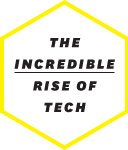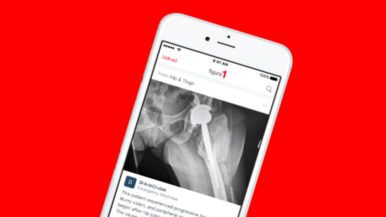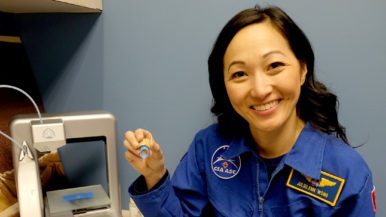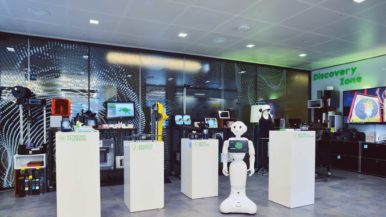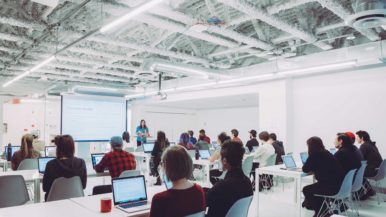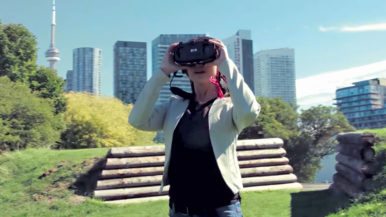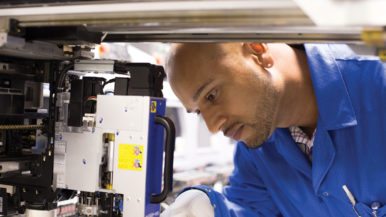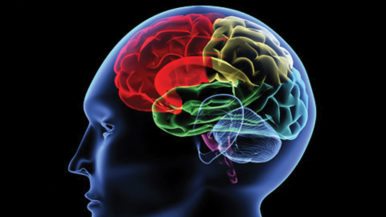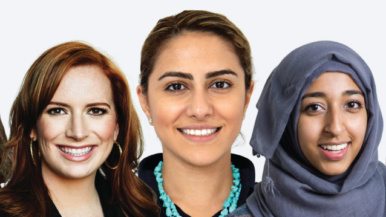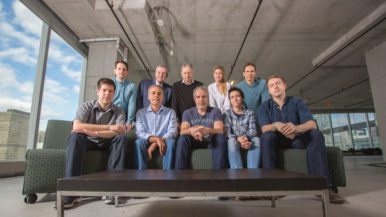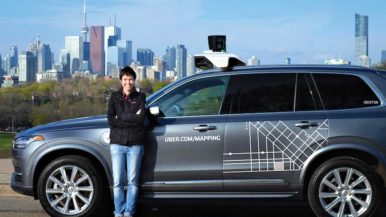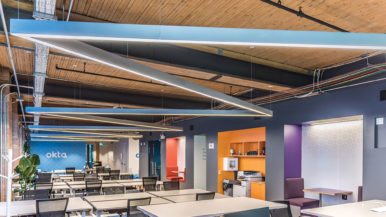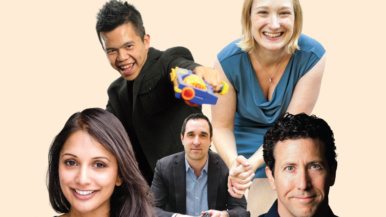Ross the robot is the city’s best legal mind
Three years ago, a group of U of T alumni created Ross, an AI assistant that helps lawyers find legal precedents for their cases. We talked to co-founder Jimoh Ovbiagele, who heads Ross North, the company’s new AI lab in Toronto

How did you get interested in AI?
I was at the University of Texas, and I always thought I’d go into the car industry. Then I saw Watson beat Ken Jennings on Jeopardy! and it changed the course of my life. I transferred to U of T to study machine learning.
Later that year, you worked with the Y Combinator accelerator in Silicon Valley. Tell us what that is and what that was like.
Every year, thousands of start-ups pitch to Y Combinator. They accept about three per cent. It was scary. The people we pitched had sold companies for $1 billion. But we got accepted. We moved into a small bungalow in Mountain View, California, and had a small salary that we used to buy ramen. Once a week, we went to this pho place—that was luxurious for us. During the program, we had dinners with entrepreneurs like Peter Thiel and had sessions with founders like us. It culminated with Demo Day, the biggest start-up event in the world, where we pitched our company to investors from all around the globe. We raised a few million dollars within a month.
So how does Ross work?
If you’re a lawyer, and a client comes to you and says, “I want to file for bankruptcy. Can I get my debts and student loans forgiven?” Traditionally, you’d go on a legal research program like LexusNexus, type in keywords and comb through thousands of results, some of which are 30 pages long. With Ross, you ask your question in natural language. It analyzes the questions, then goes through the entire body of law to find precise answers.
How long does that take?
On average, a few seconds. One of our customers tested it against himself. He asked a question, used his traditional research methods and, 10 hours later, found the answer. Ross found it in four seconds. That’s nine hours, 59 minutes and 56 seconds saved. The average attorney charges $300 an hour, so the potential savings passed on to the client is $3,000.
If a lawyer can make $3,000, why would they want to save that time?
Clients have started pushing back against fees like these. Big companies have said they’d stop paying for legal research hours. So that time, which used to be a huge profit, became a huge cost.
How do you teach Ross new areas of the law?
Trial and error. We show Ross questions and the answers we expect it to bring back. It finds its own answers, compares them to ours, and then adjusts. After doing that hundreds of thousands of times, it can reliably find answers to questions it’s never seen before. It took months to teach Ross how to read law, but now it can pick up expertise almost instantly.
Ross’s HQ is in Silicon Valley, but you just opened up a 10-person AI research lab in Toronto. Why?
It was a no-brainer. The best people in deep learning are here. Toronto is also the best place to access the global talent pool, especially after Trump came into office. I’ve interviewed dozens of really smart engineers, and what I kept hearing was, “I really want to work for you. Can I work from Toronto?”
